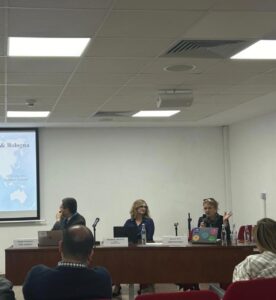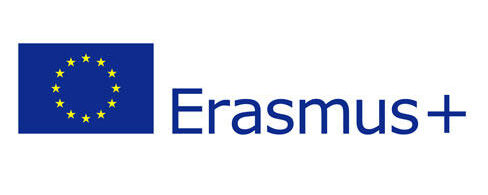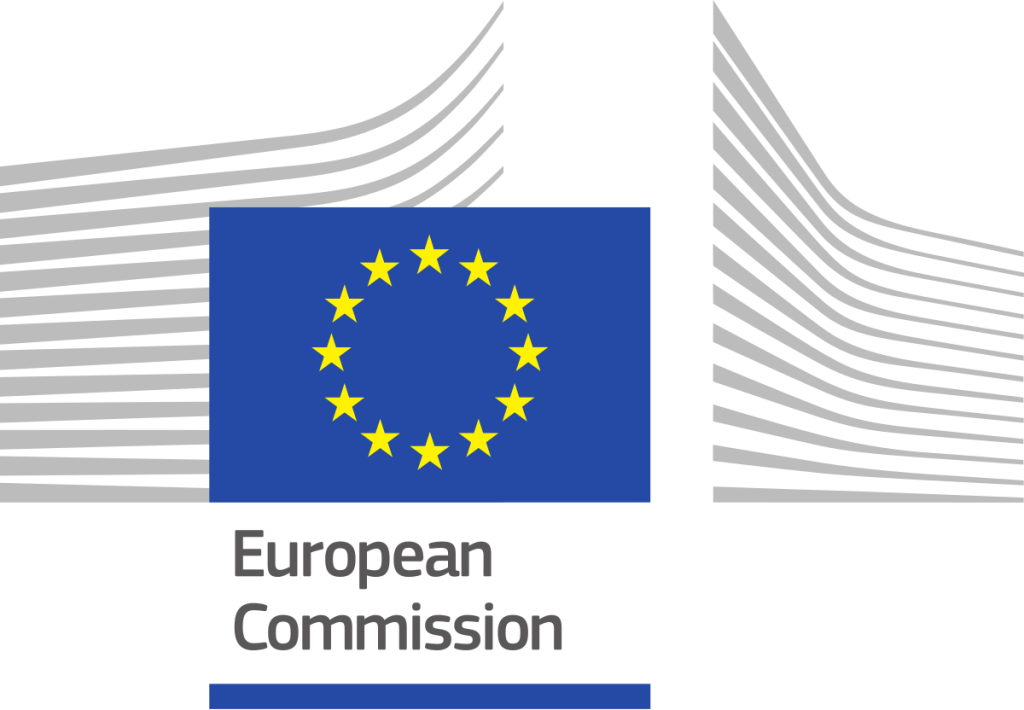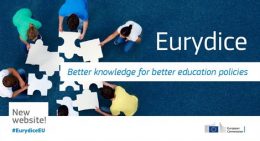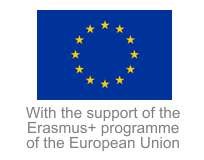In Bucharest, at the University of Science and Technology Polytechnic, in the period from October 1 to 3, 2025, the Bologna Symposium was held for the first time, together with the annual HERE conference.
During the Bologna Symposium, a comprehensive discussion was opened regarding the mission and methods of the Bologna Process, and specific topics of great importance to the HERE team were also discussed.
This event was of particular importance because for the first time representatives of the HERE teams and Bologna follow-up groups gathered to share experiences related to participation in the Bologna process and hear successful examples from the countries implementing it. The event is also significant for the organization of the so-called Bologna event, which is organized in every HERE country at the national level, and in Montenegro is scheduled for October 23, 2025.
One of the central issues discussed at the Bologna Symposium was:
Is it more important to be a formal member of the Bologna Process, and not to apply its principles, or not to be a member, but to consistently implement its basic postulates in practice?
These and similar topics were discussed with representatives of HERE experts, SPHERE, EUA, ENQA, DG EAC and other relevant institutions.
The Montenegrin delegation consisted of Vanja Drljević, Head of the National Erasmus+ office, and prof. Mira Vukčević, president of the national HERE team.
During the annual HERE conference, Head of the National Erasmus+ office presented the activities of the Montenegrin HERE team, which, based on the analysis of the performance of countries with HERE teams, was recognized as an example of good practice when it comes to the impact of the team’s activities on the creation of policies in higher education and its role as a catalyst for change.
The conference was an opportunity to exchange experiences regarding the work of HERE teams, realized activities, as well as planning future events with the involvement of foreign experts through technical support missions.
Special attention was paid to topics such as artificial intelligence, micro-qualifications, recognition of qualifications and the new guide for ECTS, all with the aim of achieving higher quality in higher education. Maria Kelo from EUA presented the standards and guidelines for quality assurance in higher education and the key challenges when it comes to European quality assurance guidelines.
Antoineta Irikova from DG EAC presented the new program cycle and announced what awaits us in the next seven-year perspective of the Erasmus+ program (2028–2034).
